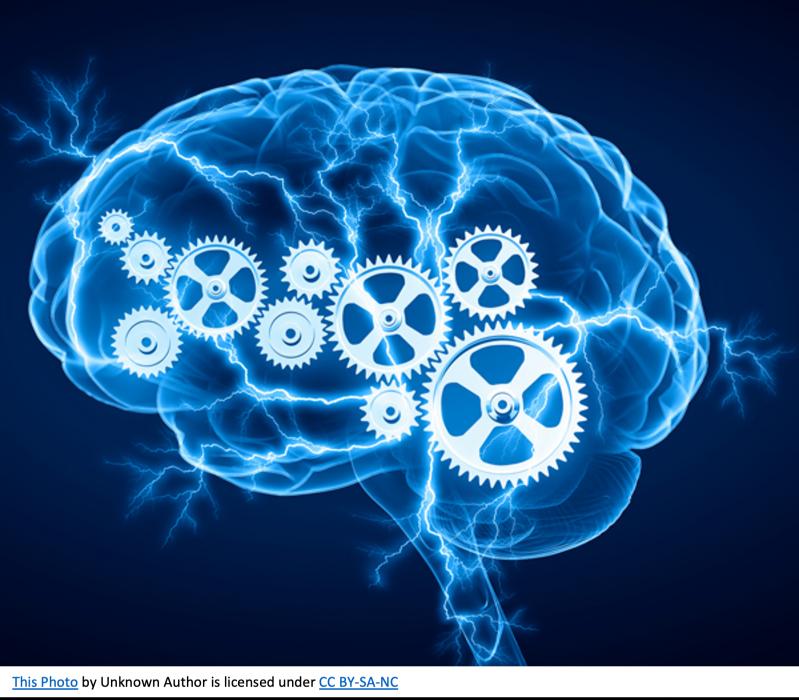Intelligibility enhancement for speech communication systems (IESCS)
Society has become very much dependent on the use of digital speech communication systems, e.g., telephony, hearing aids and public address systems. Ideally, such systems improve or at least maintain intelligibility. However, due to the presence of noise in the environment of the human (or machine) to whom the speech signal is intended, intelligibility is often degraded in practice.
Degradation of intelligibility can lead to important misunderstandings. This is a problem for people in general, but in particular for hearing impaired people. Typically, somewhere in these communication systems the clean speech signal is available before environmental noise is added. A solution to this intelligibility problem is to process the clean speech signal, such that speech intelligibility is largely maintained when the signal is contaminated by environmental noise at a later stage.
To achieve this goal, we focus on a combination of three research topics; 1) Exploiting general advanced models of the human auditory system. 2) Exploiting knowledge of the noise source. 3) Personalization of auditory models to adapt the intelligibility improvement to the intended group of users or individual user.
The combination of these three topics makes it possible to optimize for speech intelligibility without sacrificing naturalness of speech.


Project data
| Researchers: | Richard Hendriks, Seyran Khademi |
|---|---|
| Starting date: | July 2010 |
| Closing date: | March 2016 |
| Sponsor: | STW, Bosch security systems |
| Partners: | Bosch security systems |
| Users: | Bosch security systems, Philips Research, GnResound |
| Contact: | Richard Hendriks |